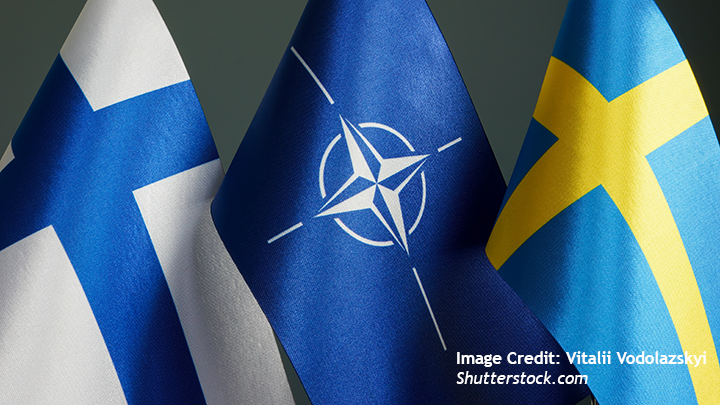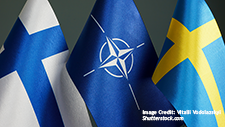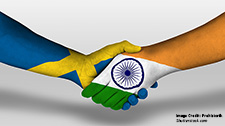Why Finland and Sweden Can Join NATO with Unprecedented Speed

Anna Wieslander and Christopher Skaluba
Introduction:
By now, it’s no secret: Russia’s full-scale invasion of Ukraine has triggered militarily non-aligned Finland and Sweden to reconsider their national security strategies. Thursday’s news that Finnish leaders want their country to join NATO “without delay” will likely be followed by a similar decision by Sweden.
NATO Secretary General Jens Stoltenberg has repeatedly said both are NATO’s “closest partners” and supports a fast-tracked accession—taking place over a matter of weeks, not months or years as for previous new members.
To that end, the two countries’ candidacies will look vastly different than anything since the end of the Cold War, thanks to the substance of their cases for membership and the context in which they will likely come about. This will probably happen on a much-expedited timeline.
The sixteen new members since the fall of the Berlin Wall all followed a predictable course: After signaling their intention to join NATO, the Alliance set up a Membership Action Plan (MAP) laying out the political, economic, and military reforms needed to meet NATO standards.
You can read the full article on the Atlantic Council’s website.
Related Publications
-
Not Drawing a Parallel. Ukraine and Taiwan: An Indian Perspective
Russia’s war against Ukraine has not only had economic, diplomatic, and geopolitical repercussions, but also exaggerated the fear of accelerated conflicts in the Indo-Pacific, a region with several unresolved conflicts […]
-
Sweden Joins NATO: Implications for the Indo-Pacific
On March 7, almost two years after it first submitted its application and a year after Finland joined the North Atlantic Treaty Organization (NATO), Sweden officially became part of NATO’s […]
-
Abandoning Neutrality, Absorbing Multipolarity: India and Sweden by 2047
Pragmatism and polarised positioning have become the new normal in foreign policy decision making – and Sweden and India are no exception. Sweden moved away from and perhaps permanently abandoned […]
-
India-Middle East-Europe Economic Corridor: Will It Get Subsumed by Its Grand Vision?
The recently concluded Group of Twenty (G20) Summit in New Delhi under India’s presidency was, undoubtedly, a crowning moment for India. From providing the G20 with new relevance among the […]
-
The SCO: Whither Balancing?
Since late last year, when India took over the presidency of the Shanghai Cooperation Organization (SCO) in September and the G-20 in December, 2023 was being branded as India’s “pivotal” […]




